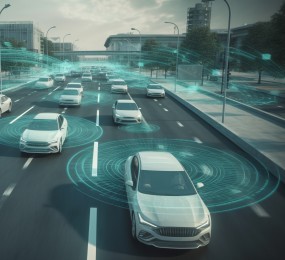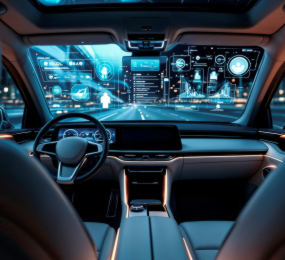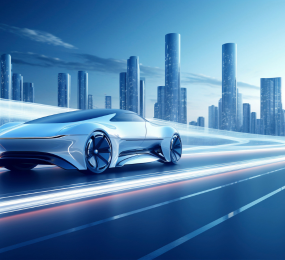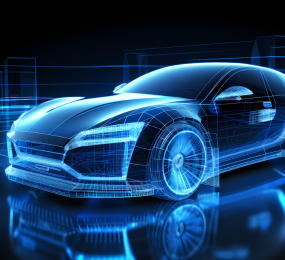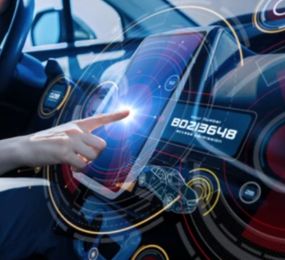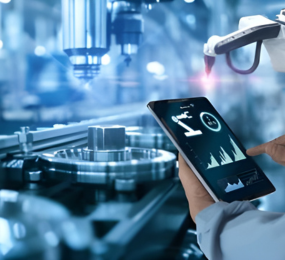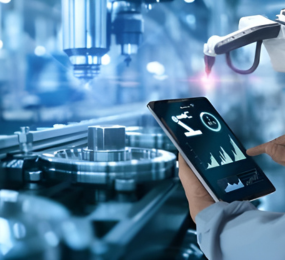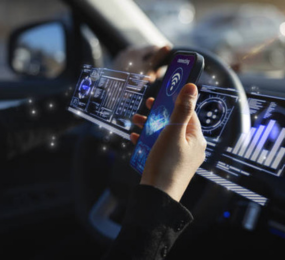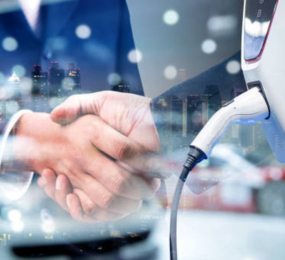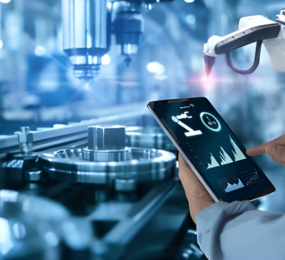Driving Change: The Evolving Face of the Automotive Industry
The automotive world is no longer just about engines, horsepower, or the latest luxury interiors. It’s about transformation driven by purpose, necessity, and innovation. What used to be defined by combustion engines and assembly lines is now evolving into a high-tech, environmentally conscious, user-centered ecosystem.
At the heart of this shift is a global movement towards cleaner mobility, smarter connectivity, and safer travel experiences. And while automakers compete with sleek designs and cutting-edge features, the real story lies in how the industry is responding to bigger questions climate change, energy security, and the role of transportation in our everyday lives.
From Steel and Fuel to Software and Sustainability
Electrification is no longer a trend it’s becoming the standard. As governments tighten emissions regulations and customers demand more sustainable choices, automakers are doubling down on electric vehicles (EVs). Companies like Volvo, Ford, and BMW have already set ambitious targets to phase out combustion engines, while startups like Rivian and BYD are reshaping how quickly new ideas can reach the market.
But this shift goes beyond emissions. Building an EV means rethinking the supply chain from battery materials to ethical sourcing. It means asking where your lithium comes from, how your factory is powered, and what happens to your battery when the car retires. The automotive industry, in many ways, is being asked to grow a conscience.
The Rise of Smart and Connected Mobility
Today’s cars are rolling computers. With AI-assisted driving, voice control, and over-the-air updates, the vehicle is no longer just a machine it’s a smart device on wheels. Whether it's Tesla’s autopilot, Mercedes' augmented-reality navigation, or Apple CarPlay’s seamless integration, the user experience is becoming as important as torque or speed.
And behind these technologies is a commitment to safety. Features like automatic emergency braking, lane departure warnings, and pedestrian detection aren’t just selling points they’re saving lives. The integration of sensors, cameras, and data analytics is making roads safer and journeys more predictable.
People-Centered Design and Global Impact
What often gets lost in the tech talk is the simple fact that cars are still about people how we move, how we live, and how we connect. The car you choose affects your budget, your commute, your air quality, and even your stress levels. Designers are listening more closely now, building vehicles that reflect real-world needs: urban
compact cars, family EVs, adaptive features for people with disabilities, and shared mobility models for congested cities.
This is a moment of reckoning for the industry. The winners won’t just be those who innovate fastest they’ll be the ones who listen best.
Takeaway Point:
The automotive industry isn’t just changing it’s growing up. As it embraces sustainability, connectivity, and user-centered design, it becomes less about the cars we drive and more about the world we want to drive in.
Learn more on our website: https://www.leadventgrp.com/event/3rd-annual-automotive-functional-safety-forum/register
For more information and group participation, contact us: [email protected] .
Leadvent Group - Industry Leading Events for Business Leaders!
www.leadventgrp.com | [email protected]


